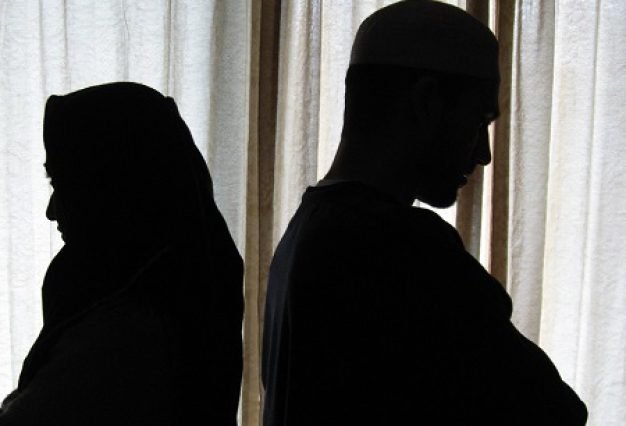Answered by Shaykh Yūsuf Badāt
Question:
I am in contact with an Ismā’ilī and I am a Sunnī Muslim who offers prayers Alḥamdulillāh. I want to ask if it is permissible to marry this Ismā’ilī guy or is it outside the pale of sunnī Islam? Please advise!
Answer:
بِسْمِ اللهِ الرَّحْمنِ الرَّحِيْم
In the name of Allāh, Most Gracious, Most Merciful.
Jazāk Allāh Khayr/ Thank you for contacting Mathābah Institute.
Sunnī muslims are not permitted to marry Ismā’ilīs, according to Islamic law. The reasoning for this is that their beliefs contradict several major tenants of creed according to Islam, the Qur’ān and prophetic teachings. – (See: Rad Al-Muḥtār, Vol 3, Page 45, Dār Al-Fikr[1])
Some examples of Ismā’ilī beliefs are listed below:
- God does not have attributes.
- Muḥammad (peace and blessings upon him) is not the final prophet, rather Muḥammad Ibn Ismā’īl is, who was granted the status equal to prophethood.
- The physical bodies of their “imams” and “Aga Khans” are unlike other humans, rather they are made from the direct light of God.
- They disrespect, express their enmity and hatred to various Companions including Abū Bakr and Omar (may Allāh be pleased with them both).
- The bounties of Paradise and the punishments of the hell fire are only virtual (not physical).
- Every verse of the Qur’ān has a hidden meaning that only a selected few can access. The verdicts (farmāns) of the Aga Khan are more important and valuable than the Qur’ān itself.
- They reject the reality of Judgment Day.
- They believe in reincarnation of souls after death in this world.
- They believe in 7 pillars. Wilāyah being the first pillar.
- Their real pilgrimage (Ḥajj) is to be in the presence or get a glimpse of the Aga Khan.
- They only pray 3 times a day. The formal method of prayer (ṣalāh) is left to the explained procedure of the Aga Khan, which is, in current times, just making supplications rather than the procedure expounded by the Prophet Muḥammad (peace and blessings upon him).
- Prostration to the Aga Khan is not only permissible but obliged, since he is considered the manifestation (mazhar) of God in this world.
(Reference: The Ismailis, Their History and Doctrines, Institute of Ismaili Studies)
Only Allāh knows best.
[1] وَحَرُمَ نِكَاحُ الْوَثَنِيَّةِ نِسْبَةٌ إلَى عِبَادَةِ الْوَثَنِ وَهُوَ مَا لَهُ جُثَّةٌ أَيْ صُورَةُ إنْسَانٍ مِنْ خَشَبٍ أَوْ حَجَرٍ أَوْ فِضَّةٍ أَوْ جَوْهَرٍ تُنْحَتُ وَالْجَمْعُ أَوْثَانٌ وَالصَّنَمُ صُورَةٌ بِلَا جُثَّةٍ هَكَذَا فَرَّقَ بَيْنَهُمَا كَثِيرٌ مِنْ أَهْلِ اللُّغَةِ وَقِيلَ لَا فَرْقَ وَقِيلَ يُطْلَقُ الْوَثَنُ عَلَى غَيْرِ الصُّورَةِ كَذَا فِي الْبِنَايَةِ نَهْرٌ وَفِي الْفَتْحِ وَيَدْخُلُ فِي عَبَدَةِ الْأَوْثَانِ عَبَدَةُ الشَّمْسِ وَالنُّجُومِ وَالصُّوَرِ الَّتِي اسْتَحْسَنُوهَا وَالْمُعَطِّلَةُ وَالزَّنَادِقَةُ وَالْبَاطِنِيَّةُ وَالْإِبَاحِيَّةُ وَفِي شَرْحِ الْوَجِيزِ وَكُلُّ مَذْهَبٍ يَكْفُرُ بِهِ مُعْتَقِدُهُ – كتاب الدر المختار وحاشية ابن عابدين رد المحتار ج٣ / ص٤٥ دار الفكر




